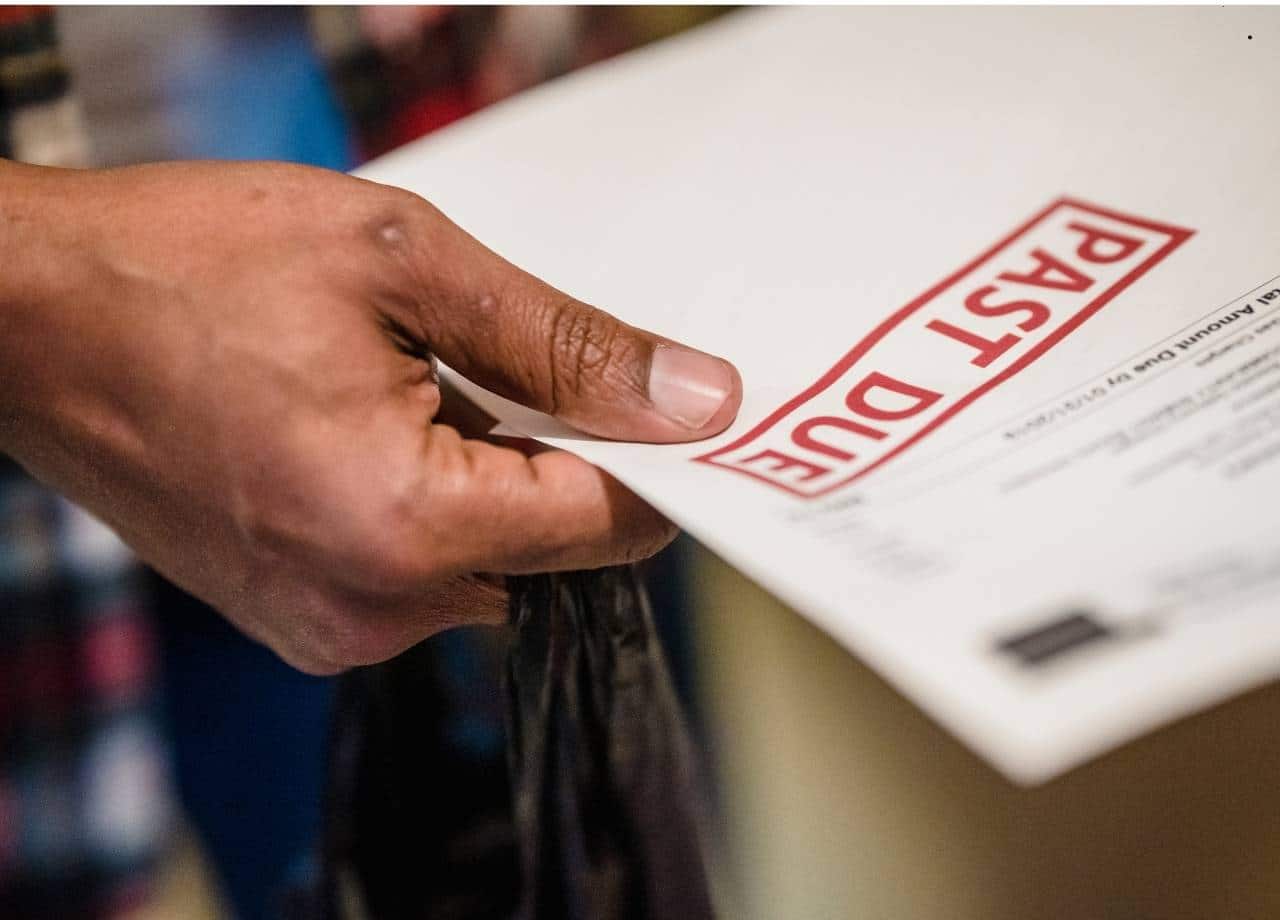Late rent happens. You’ve likely dealt with it more times than you can count. And while it can be frustrating, it doesn’t have to turn into a full-blown headache. Whether you manage five units or five hundred, knowing how to handle a late rent notice calmly and efficiently can save you time, stress, and even relationships with good residents.
The key isn’t just reacting—it’s staying ahead of it and keeping your process smooth from start to finish. So let’s walk through how to make this part of property management feel a whole lot easier.
Start With a Clear Policy
The easiest way to avoid stress around late rent? Set expectations early. If your lease agreement lays out exactly when rent is due, what counts as late, and what the fees or steps are afterward, then both you and your residents are on the same page from day one.
When rent is late, you’re not surprising anyone with the next step. You’re simply following through on what was already agreed. That clarity makes it a business move—not a personal one. It also keeps your late rent notices from coming off as aggressive or abrupt. It’s just part of the system.
Don’t Wait—Send the Notice Promptly
It’s tempting to give it a few days and see if the rent shows up. Maybe you’ve got a great relationship with a resident, and you don’t want to rock the boat. But waiting too long can actually make things worse.
Sending a late rent notice quickly shows you’re paying attention and treating rent seriously. It also helps residents who may have just forgotten or had a glitch in their bank account catch the mistake early.
Make your notices short, professional, and consistent. No need for long-winded explanations—just a reminder that rent is late, what the fee is (if any), and when payment must be made before the next step happens. Keep it clear, not cold.
Avoid the Emotion, Stick to the System
One of the biggest challenges for property managers is keeping emotions out of these situations. Maybe the resident just lost their job. Maybe they’re usually on time. Maybe they gave you a story that feels really hard to ignore.
It’s okay to feel empathy. But your job is to protect the property, the lease, and the business. Let your late rent policy handle the heavy lifting. That’s the beauty of having a clear process—you don’t have to make emotional decisions each time. You just follow the plan.
If you start making one-time exceptions or giving extensions without documentation, things can get messy fast. Not just for you, but across your property. Word gets around. And suddenly, you’ve got a dozen residents wondering why someone else got a break and they didn’t.
Stay Professional, Even If They Don’t
Some residents might take a late notice personally. You might get a snippy text or a voicemail full of excuses. The best thing you can do is keep your tone steady, respectful, and firm.
You’re not here to argue or negotiate over text. A quick response like, “I understand this is frustrating. I still need to follow the lease agreement,” can go a long way. It reminds them this isn’t about personal feelings—it’s about what was agreed.
If they get upset or stop communicating altogether, document everything. Keep copies of your notice, your responses, and any follow-up. That way, if things ever go further, you’re covered.
Know When to Be Flexible—and When Not To
There’s a big difference between a resident who’s been reliable for 12 months and just hit a bump… and one who’s always two steps behind. If someone reaches out before the rent is even due and lets you know they’re going to be late, that’s a sign of responsibility.
In those cases, you might decide to offer a short grace period or a payment plan. But—and this is key—get everything in writing. Treat it like a formal agreement. Because if you’re too flexible without any structure, you’re just inviting more late payments down the line.
You’re not running a charity. You’re running a business. It’s okay to help when it makes sense. Just make sure it’s fair, documented, and doesn’t mess with your overall operations.
Don’t Let One Late Payment Distract You From the Bigger Picture
Here’s where things often get tricky. You’re so busy chasing down one late payment that you forget about all the other things waiting on your desk. Or you start resenting that one resident and it colors how you manage the whole building.
Take a breath. One late rent notice doesn’t define your month. Handle it, document it, and move on to the next task. The more efficiently you do it, the less power it has over your day.
This is where having simple systems helps—automated reminders, scheduled notices, and even tools like Pest Share that take one more thing off your plate. Managing properties means juggling a lot. Don’t let one ball drop because another one rolled out of reach.
Let Technology Do Some of the Work
If you’re still handwriting late rent notices or manually checking who paid, it’s time for an upgrade. Most modern property management tools can flag late payments, send reminders automatically, and even apply late fees without you lifting a finger.
Even your pest control can be part of that tech stack. Pest Share, for example, gives residents a way to request service directly, which means fewer calls and complaints coming your way. Less stress over pests, less stress over rent—it’s all connected.
When your tools are working for you behind the scenes, you’re not chasing down every problem. You’re just managing it.
Keep It Fair Across the Board
One of the fastest ways to lose control of your rent collection process is to start making case-by-case exceptions. Not because you’re being kind—but because it gets too hard to keep track.
That’s why standardizing your late rent notices, timing, and follow-up procedures is so important. Every resident should know what to expect. And every situation should get the same treatment—unless a formal change is made in writing.
This kind of consistency doesn’t just protect you legally. It builds trust. Residents may not love getting a late notice, but they’ll respect that you run things fairly.
Know What’s Next—And Be Ready for It
Sometimes, despite your best efforts, the rent doesn’t come in. You’ve sent the notice, followed up, and still nothing. At that point, your next steps should already be clear to you.
Depending on your lease and state laws, that might mean starting the eviction process, applying additional late fees, or offering a final notice. But you should never feel unsure about what comes next.
If you do, that’s your sign to tighten up your policies. Your future self—and your future residents—will thank you.
Late Rent Doesn’t Have to Be a Crisis
It’s part of the job. Rent gets paid late. People forget, emergencies happen, or priorities shift. But with a clear policy, a calm approach, and some helpful tools, you can take the stress out of the process.
You’re not chasing people down. You’re running a business with structure and respect. The more your residents see that, the more likely they are to pay on time, every time.
And when late rent does happen? You’ll know exactly what to do—without breaking a sweat.





